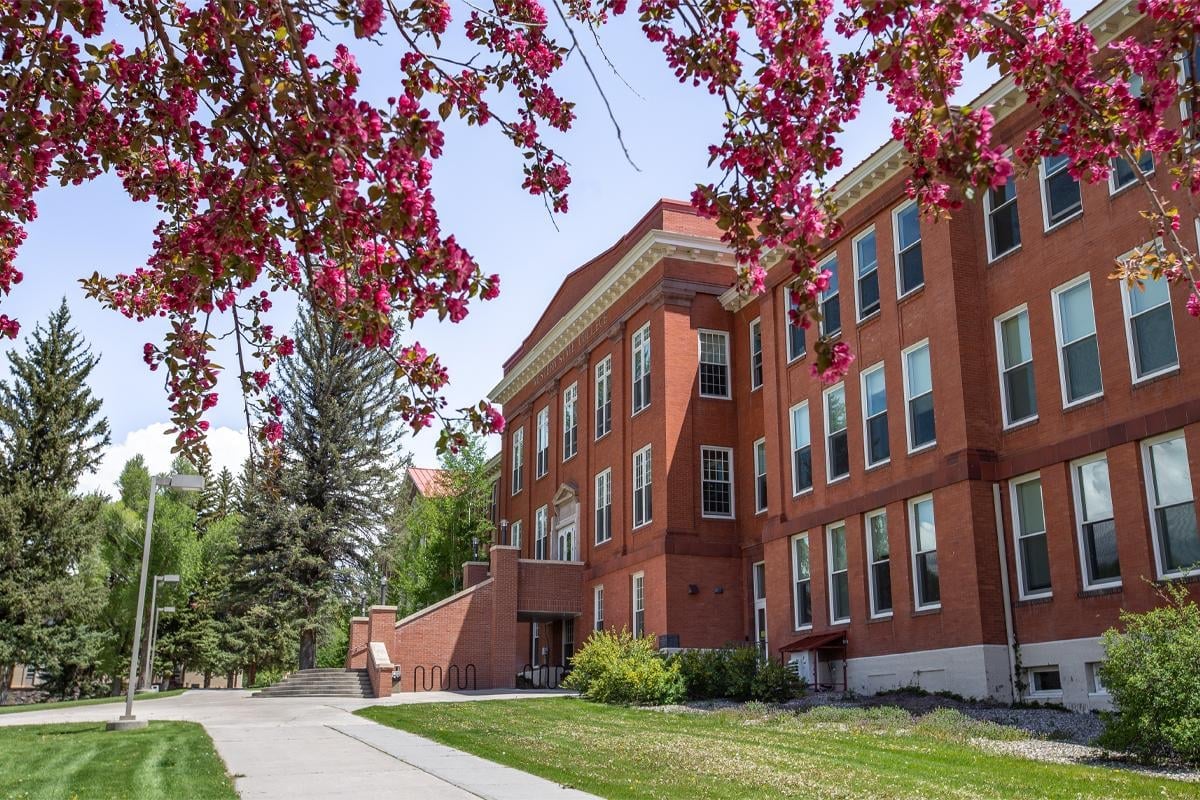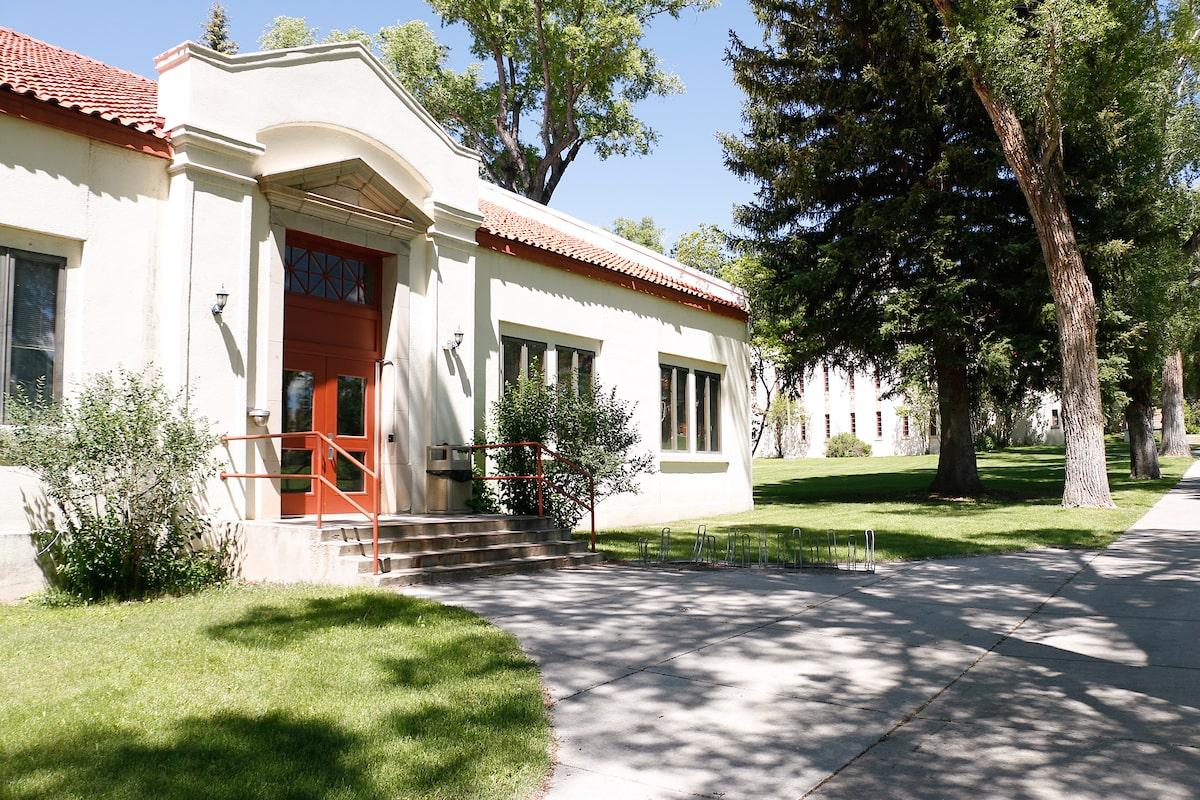Be a source of support and positive change in the lives of students with diverse abilities.
The Bachelor of Arts in Special Education is a specialized degree path that will prepare you to take on an exceptionally important role in K-12 school systems and provide support, encouragement, and a positive learning environment to students served in special education programs.
In addition to standard education courses that will acquaint you with pedagogy best practices and how to be an excellent educator, the BA in Special Education will place a particular emphasis on diversity and inclusion, academic programming and assessment, and targeted intervention strategies for students with exceptionalities.
Similar to Western’s standard Education majors, the BA in Special Education requires you to engage in a yearlong student teaching residency in which you will have the opportunity to gain hands-on experience working with students under the supervision of an experienced educator. You’ll leave Western with not only a versatile teaching skillset, but also a better sense of how you can bring your passion for serving students in special education programs and as a learning leader in your school.







